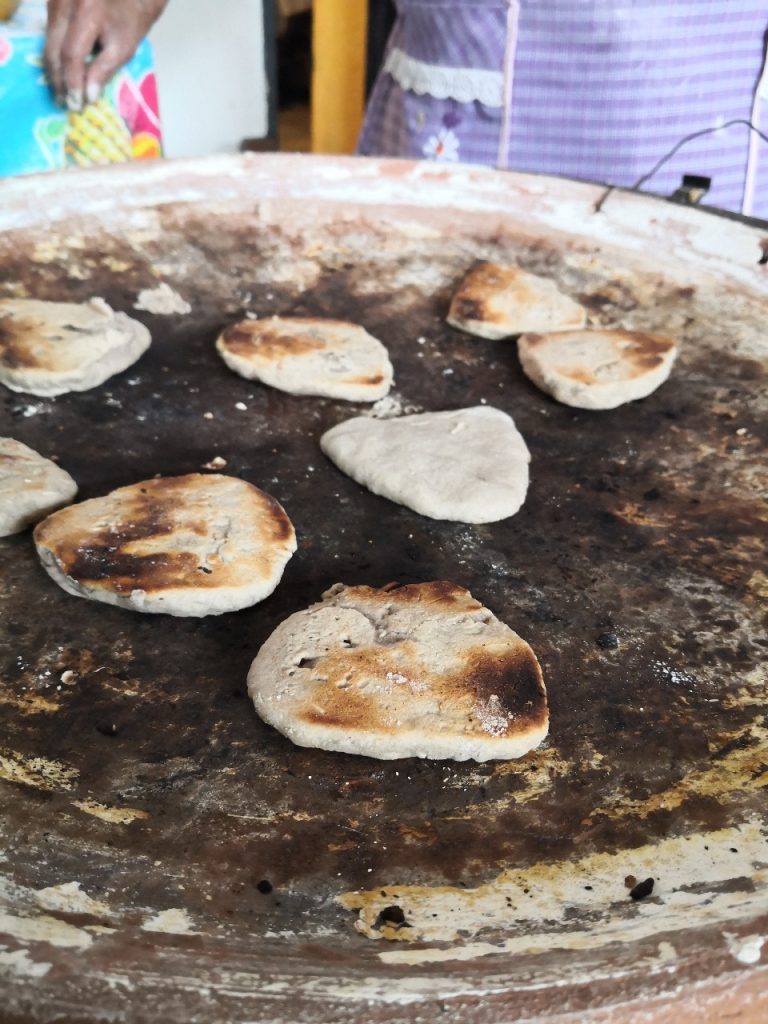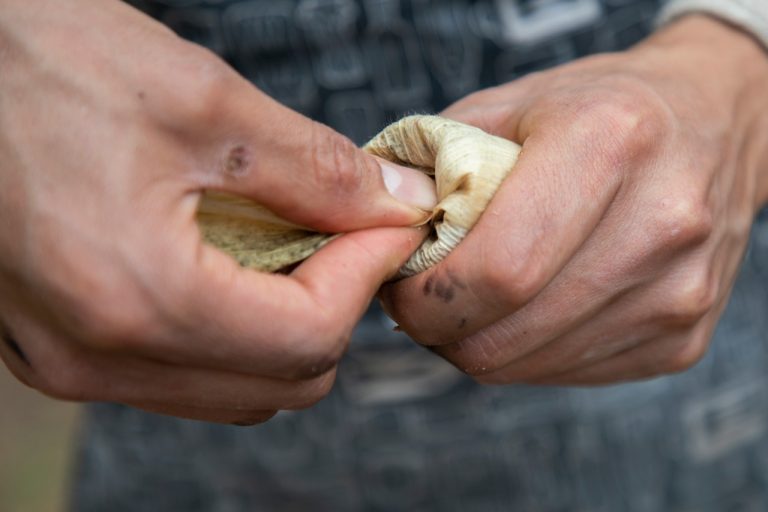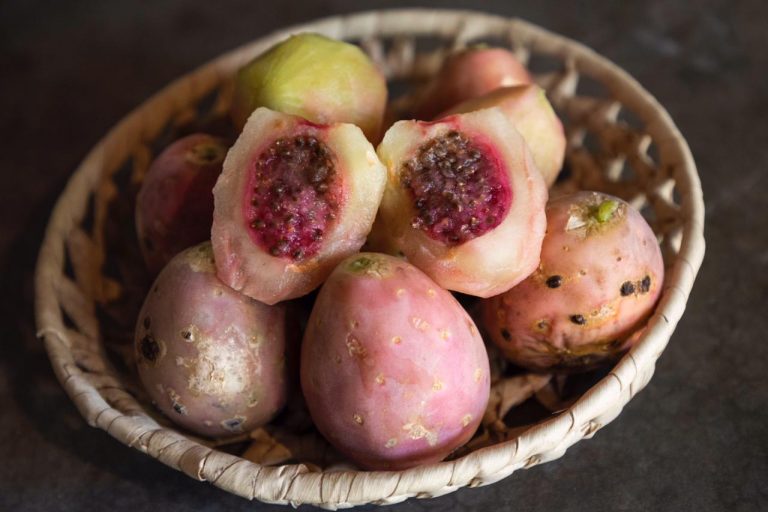A community and its recipe book
Author: Rafael Forteza
Reading time : 5 minutes
The Red Indígena de Turismo de México (RITA), or Indigenous Tourism Network of Mexico, is an organization that brings together Indigenous communities from across the country around a model of sustainable and equitable tourism. Its mission is to strengthen community-based tourism projects as tools for holistic development, self-determination, and the preservation of the cultural identity of Indigenous peoples. Through training, guidance, and collaborative work, RITA supports initiatives that value ancestral knowledge and promote respect for Indigenous territories.

Among the various initiatives it has supported, RITA has accompanied a particularly special culinary project in the Teotihuacan region: the creation of the community cookbook Cocina del Valle de Teotihuacan (Cooking of the Teotihuacan Valley). This book gathers traditional recipes shared by local residents, reflecting not only the region’s rich gastronomy but also a way of life deeply connected to the land, memory, and community. This interview with Ariadna — one of the driving forces behind the project — gives us an up-close look at how the cookbook came to be, the stories it holds, and how cooking becomes a bridge between generations.
The idea for the community cookbook emerged from a revealing moment for Ariadna. One day, she realized that many elderly people in the Teotihuacan Valley communities were living well past one hundred years of age. This longevity made her wonder whether traditional diets played a key role in the health and wellbeing of local people. That sparked the idea to interview community members in order to recover recipes, knowledge, and culinary practices passed down through generations.

So in 2018, Ariadna launched the cookbook project along with a group of friends passionate about gastronomy. From the beginning, it was a collective effort with the communities of Teotihuacan — a participatory process where traditional recipes were shared, tested, and refined. Beyond food, the experience became a playful and communal gathering space where local people came together to celebrate and reclaim a cultural treasure: their cuisine and the foods of their land, like nopal (cactus), amaranth, and maguey.
Among the many connections that formed during the cookbook project, one of the most emotional moments for Ariadna was an unexpected encounter with a woman who made tlaxcales — a sweet corn-based bread — whom she met while biking past her house, drawn in by the delicious smell coming from the kitchen. The woman generously shared her recipe, which was later included in the book. In return, Ariadna promised to bring her a copy once it was published. However, when she returned to deliver it, she was met by the cook’s grandson, who told her his grandmother had recently passed away. Despite the sadness, the family expressed their gratitude for preserving her knowledge in the pages of the cookbook.
The pandemic also gave the project a new dimension. In that time of uncertainty, the group was inspired to explore the region’s adaptive culinary knowledge — what Ariadna calls “end-of-the-world cooking.” Delving into the traditional uses of wild plants, insects, and other local resources — inspired by the land’s history — not only enriched the cookbook but also provided communities with tools to strengthen their resilience in times of crisis.

For Ariadna, this cookbook is not just a collection of recipes: it’s the result of a true human, culinary, and cultural journey. Throughout the project, intergenerational bonds were forged, ancestral knowledge was recovered, and a deep sense of belonging to the land was cultivated.
At the end of our interview, I asked her how a community cookbook could help preserve our relationship with the world we live in. Without hesitation, she answered :
“Food is a transversal phenomenon. Choosing traditional cuisine means reclaiming our territories, protecting the environment, and improving our health.”
A phrase that captures the essence of the project: cooking not only as an act of nourishment, but as a gesture of resistance, memory, and care for the land. It also reflects Ariadna’s deep conviction in the power of traditional cooking as a driver of transformation. That same conviction continues to guide her today, as she works on the second edition of Cocina del Valle de Teotihuacan, which will be released very soon. Keep your eyes open — there are still many culinary wonders waiting to be discovered in this corner of the world, rich in history and flavor.
As travelers, we must also remember that we play an active role in preserving this valuable culinary heritage — by opening ourselves, in our journeys, to traditional food cultures that keep ancestral wisdom alive and allow us to savor, with respect and curiosity, the abundance and diversity of our land.
Subscribe to the travel newsletter from our collaborative booking platform Vaolo to find out what’s new, follow our explorers and receive tips for more conscious travel.
The use of the masculine gender has been adopted for ease of reading and has no discriminatory intent.
© 2026 All rights reserved. Village Monde.
By continuing to use the site, you agree to our privacy and cookie policy
I accept